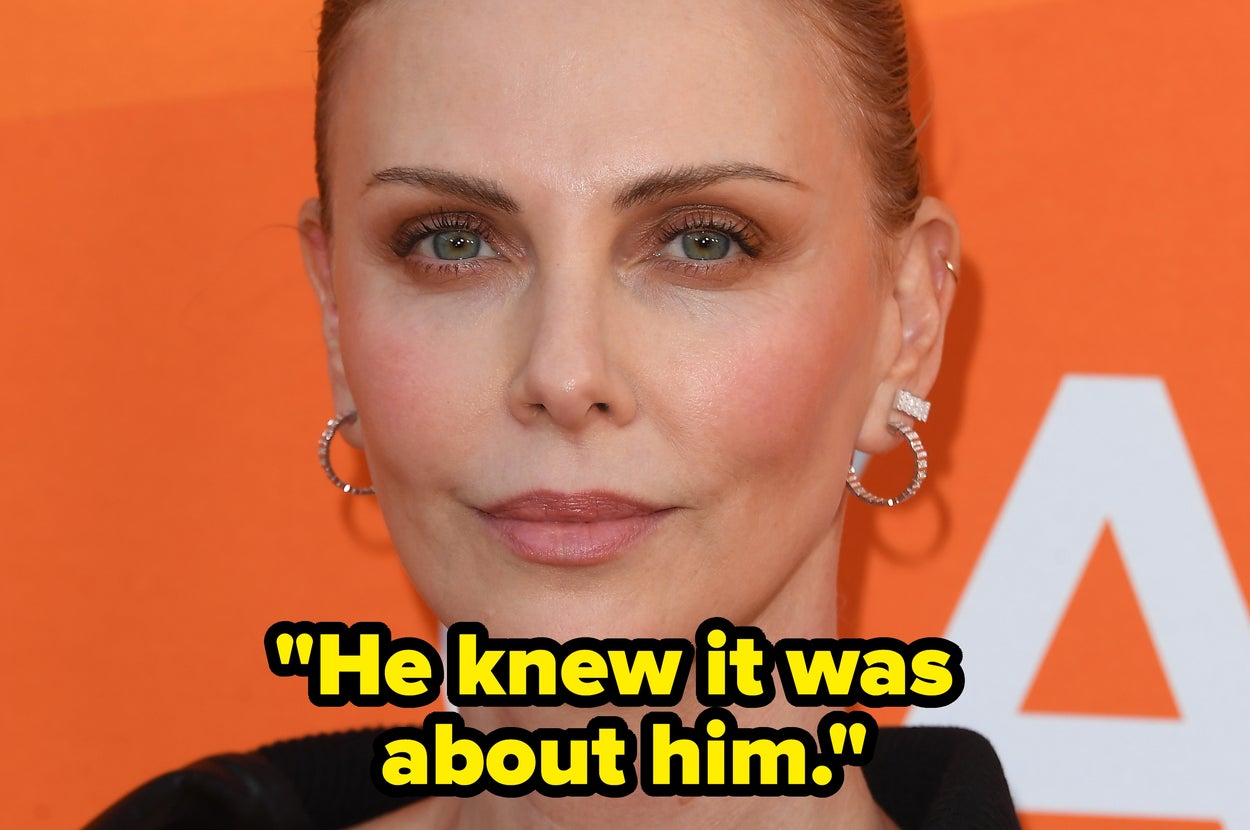This story contains discussion of sexual harassment. In a candid revelation on the Call Her Daddy podcast, acclaimed actress Charlize Theron elaborated on her decision not to disclose the name of a director who allegedly sexually harassed her during her first audition. This follows her initial disclosure in 2019 on The Howard Stern Show, where she recounted the unsettling experience.
Theron described the incident where the director, clad in pajamas, placed his hand on her knee, prompting a visceral reaction. “The little voice inside me definitely said, ‘This isn’t right,’” she recalled. Despite the unsettling nature of the encounter, Theron has deliberately chosen not to name the director, a decision she explained in her recent podcast appearance.
Theron’s Perspective on Naming the Director
During the podcast, Theron revealed her reasoning, stating, “This guy, he got a little nervous for a while there.” She shared that the director became aware of her public account of the incident and attempted to justify his actions through a letter, which she described as a typical response. “He wrote me a pretend letter trying to explain his behavior and how I must have misunderstood it, which is classic, isn’t it?” she remarked.
Theron’s decision not to name the director is not out of protection for him but rather a strategic choice. “I don’t want the story to be about him,” she emphasized, highlighting her desire to focus on the broader issue rather than the individual.
The Broader Context of Sexual Harassment in Hollywood
This revelation by Theron is situated within a larger narrative of sexual harassment in the entertainment industry, an issue that has gained significant attention in recent years. The #MeToo movement, which gained momentum in 2017, has seen numerous individuals in Hollywood come forward with their stories, leading to a reevaluation of industry norms and practices.
According to a report by the Hollywood Commission, nearly 50% of women in the industry have experienced some form of harassment. The movement has sparked important conversations about power dynamics and accountability, with many advocating for systemic change.
Expert Opinions and Reactions
Experts in the field of gender studies and workplace harassment have weighed in on Theron’s decision. Dr. Lisa Feldman, a professor of psychology, notes that the choice to withhold a name can be empowering. “By not naming the individual, Charlize is shifting the focus from the perpetrator to the larger issue at hand, which is crucial for societal change,” Feldman explained.
Meanwhile, legal experts highlight the potential legal implications of naming individuals in such cases. “There are often complex legal considerations at play, including defamation risks,” said attorney Mark Johnson, who specializes in entertainment law.
Implications and Future Outlook
Theron’s approach underscores a nuanced strategy in addressing personal experiences of harassment. By keeping the director unnamed, she maintains control over her narrative while ensuring the issue remains in the public discourse. This strategy may influence others in similar situations, offering an alternative path to confronting harassment without direct confrontation.
As the conversation around sexual harassment continues to evolve, Theron’s story adds another layer to the ongoing dialogue about accountability and reform in Hollywood. Her decision not to name the director keeps the focus on the systemic issues rather than individual cases, potentially inspiring broader change.
The implications of Theron’s choice are significant, suggesting a shift in how such stories are told and perceived. As the industry continues to grapple with these challenges, her story serves as a reminder of the complex dynamics at play and the importance of maintaining the momentum for change.
